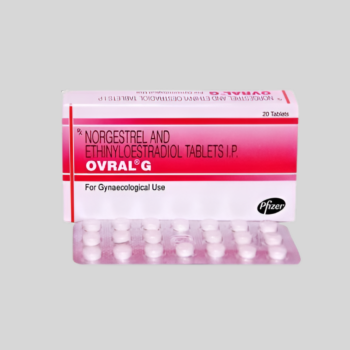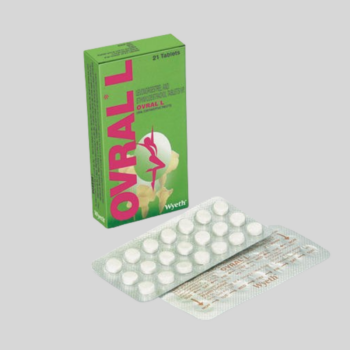How Hormonal Contraceptives (Birth Control Pills) Work
Birth control tablets, also referred to as hormonal contraceptives, are intended to prevent pregnancy. Synthetic hormones found in them disrupt the body’s normal reproductive functions. These drugs modify the uterine lining to make it less responsive to a fertilized egg, thicken cervical mucus to block sperm, or suppress ovulation, or the release of eggs from the ovaries.
Simply put, the artificial hormones in these pills “pause” ovulation. Because the ovaries are unable to release eggs as a result, fertilization is impossible. Furthermore, progesterone, a hormone essential for sustaining pregnancy, is regulated by them. Hormonal contraceptives work by suppressing progesterone, which effectively stops conception.
How to Take Birth Control Pills Correctly
- For a 21-day pack, begin on the first day of your period; for a 28-day pack, follow your doctor’s instructions.
- 21-day packs: For 21 days, take one pill per day, followed by a 7-day respite. After the break, begin a fresh pack.
- 28-day packs: There is no need for a break. Menstruation will happen in the last seven days if you take one pill daily.
- For best results, take your medication at the same time each day, especially if you’re taking mini-pills. Additional contraceptive measures, such as condoms, are advised for the following seven days if you are more than three hours late.
- To find out what to do if you miss a medication, go to the directions on the container.
- Use a backup method of birth control, such as condoms, for the first seven days.
What Tests Should Be Done Before Starting Hormonal Contraceptives?
It’s essential to get a complete evaluation before starting hormonal contraception to make sure these pills are right for you. To begin, explain to your doctor about your health history, lifestyle, and any chronic problems.
For example, hormonal contraception should be avoided by women who smoke since it can raise the risk of blood clotting and cardiovascular problems, particularly when taken with smoking.
Essential tests might include:
- Biochemical blood testing: If you have diabetes, liver illness, or renal disease, these tests are very crucial. These situations may make hormonal contraceptives contraindicated.
- Tests for urine and pelvic and internal organ ultrasounds are also advised to look for any underlying problems that might interfere with the usage of birth control pills.
- Blood tests for luteinizing hormone (LH), follicle-stimulating hormone (FSH), progesterone, estrogen, and prolactin can provide information about the general health of your reproductive system.
- Tests of thyroid function: Thyroid hormones (TSH, T4, and T3) should ideally be checked since thyroid abnormalities can impact mood, fertility, metabolism, and other aspects of general health.
While these tests are not always mandatory, they offer a comprehensive understanding of your health and how your body might respond to hormonal contraception.
Showing all 4 results






